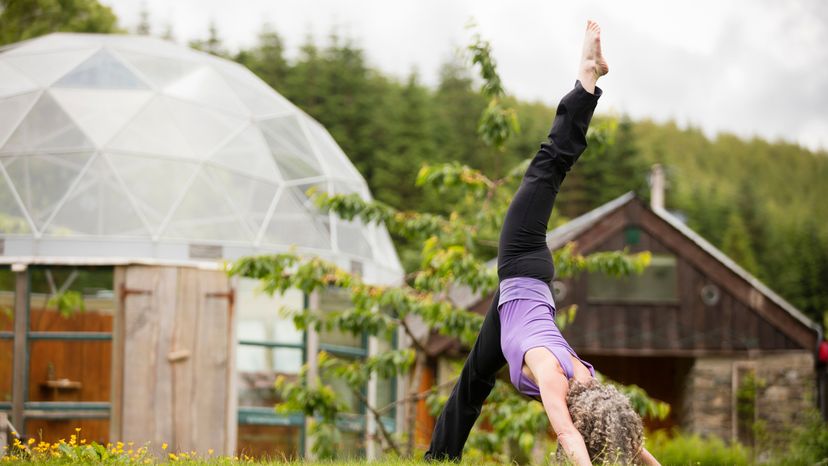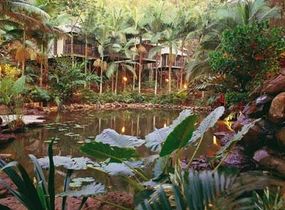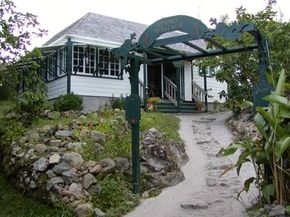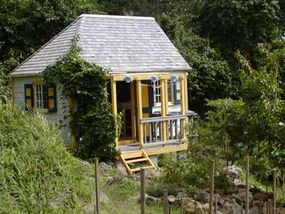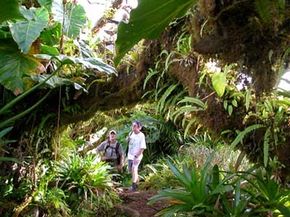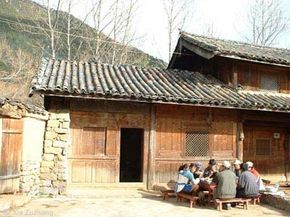You might be surprised to know that the travel and tourism industry is the number one industry on Earth. According to a recent article entitled Ecotravel, approximately 700 million people spend a total of $2-3 trillion on their trips, annually. At present, ecotourism represents about 2 percent of that total. But what, exactly, is ecotourism?
Look in magazines, newspapers and online and you're bound to find more than a dozen buzzwords that sound like ecotourism:
- sustainable tourism
- green travel
- eco-travel
- responsible tourism
- adventure travel
- cultural tourism
- natural tourism
- nature-based travel
But, do all these terms refer to the same thing? No, not really. Tourism, itself, can basically be broken into two main categories: conventional mass tourism (CMT), like taking that trip to Disneyland or Las Vegas and alternative tourism (AT) -- the various types of tourism listed above. According to an article by Frank Muller, the wide variety of tourism options that fall under the alternative tourism umbrella share a few common factors: "they are essentially small-scale, low-density, and they attempt to attract a special segment of society, namely tourists with above average incomes and higher education."
OK. So now we know a little about alternative tourism, but that still leaves the question of ecotourism on the table. In her article entitled "Protecting Eden, Setting Green Standards for the Tourism Industry," Martha Honey writes:
While nature tourism and adventure tourism focus on what the tourist is seeking or doing, ecotourism focuses on the impact of this travel on the traveler, the environment, and the people in the host country--and posits that this impact must be positive. As such, ecotourism is closely linked to the concept of sustainable development. Rather than being simply a niche market within tourism or a subset of nature tourism, properly understood, ecotourism is a set of principles and practices for how the public should travel and for how the travel industry should operate.
In the tourism industry, what one person or company calls ecotourism another may call adventure travel or nature-based travel. Whatever the buzzword, it's up to you as a responsible consumer and responsible tourist to ferret out the distinction among the various destinations and travel options you find. Is the environment being cared for? Is there a genuine effort to help the local economies? Are resources being left intact for future generations? Is the local culture being honored and valued and not just photographed? These are the values of ecotourism and in the next section, we will discuss some of the reasons to choose ecotourism.
